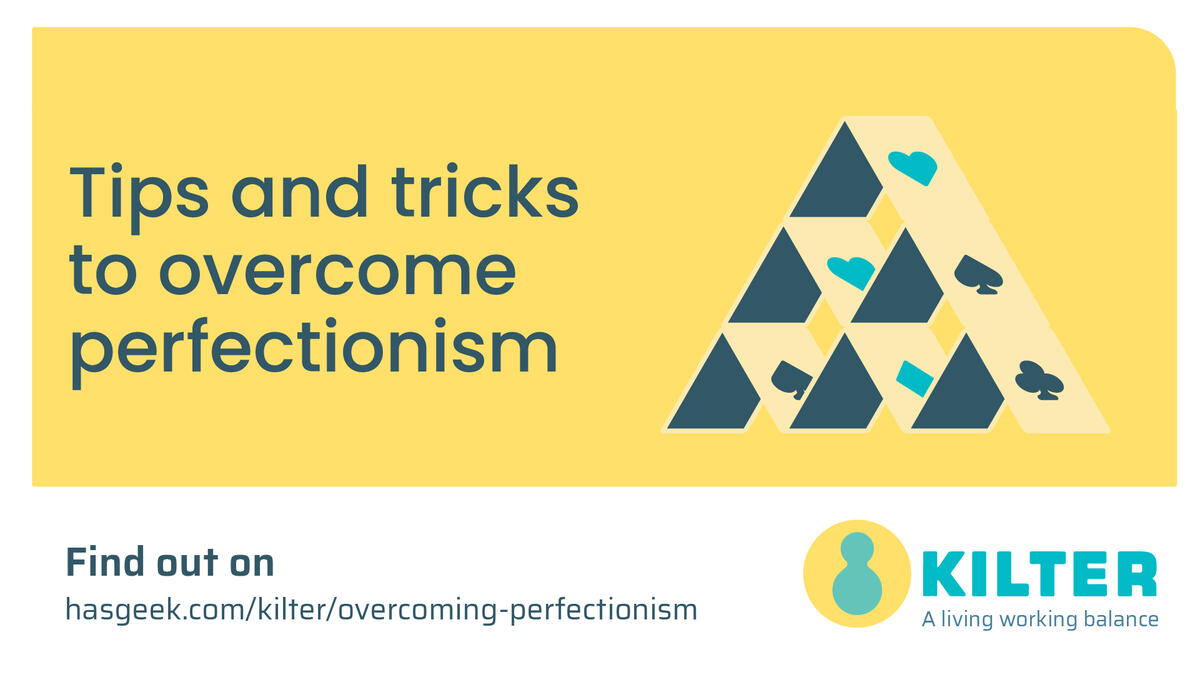
Identifying perfectionism
Submitted Mar 22, 2021
Perfectionism is a personality trait characterized by a person’s striving for flawlessness and setting impossibly high standards accomplished by critical self-evaluations and concerns regarding others’ evaluations. The key component of perfectionism is basing your self-worth on other people’s evaluations of yourself.
The components of perfectionism are:
- You strive relentlessly to achieve extremely high standards.
- You judge your self-worth on your ability to strive and achieve.
- Despite experiencing the negative consequences of striving hard and harshly judging your self-worth, you continue to do so.
Striving for excellence is different from being a perfectionist. Here, the key difference is that perfectionism is not contextual. Perfectionism is not contextual because no achievement is ever enough. You continuously blame yourself if things aren’t done right. In this way, perfectionism invades your life, leaving you with no free time. You continue to work harder and harder, assuming that you will be more accepted by others if you achieve high standards. This results in fear of starting a new task or project because you are afraid of failure. Consequently, perfectionism feeds procrastination.
Perfectionism also results in failure to delegate. You are not only critical of your work; you also start criticizing other people’s work if the work is not done your way.
You may be a perfectionist in one or two areas of your life. These include:
- Work
- Study
- Housework/cleaning
- Close relationships
- Organizing and ordering things
- Eating/weight/shape of your body
- Grooming and personal hygiene
- Sports
- Health and fitness
Perfectionism is reinforced by perfectionist behaviours. Identify which of these behaviours are part of your personality:
- Everything should be perfect in order to make a decision.
- Overcompensating by working much harder than what is required for the task at hand.
- Constantly seeking reassurance from others about whether the task performed or the outcome is ok.
- Excessive list making.
- Hoarding resources for the future, assuming that at some point in (an imagined) future, I will need this thing.
- Procrastination and avoidance.
- You are unable to delegate.
- Not knowing when to stop.
- Attempts to change people around you.
If you have questions about perfectionism, post them in comments on https://hasgeek.com/kilter/overcoming-perfectionism/comments
Tarique Sani’s slides on perfectionism are available on https://docs.google.com/presentation/d/1yjjdkn0nSqDGG-thm-j_FC7Ev6njWfhMSiq9IU1HJiU/edit?usp=sharing


{{ gettext('Login to leave a comment') }}
{{ gettext('Post a comment…') }}{{ errorMsg }}
{{ gettext('No comments posted yet') }}